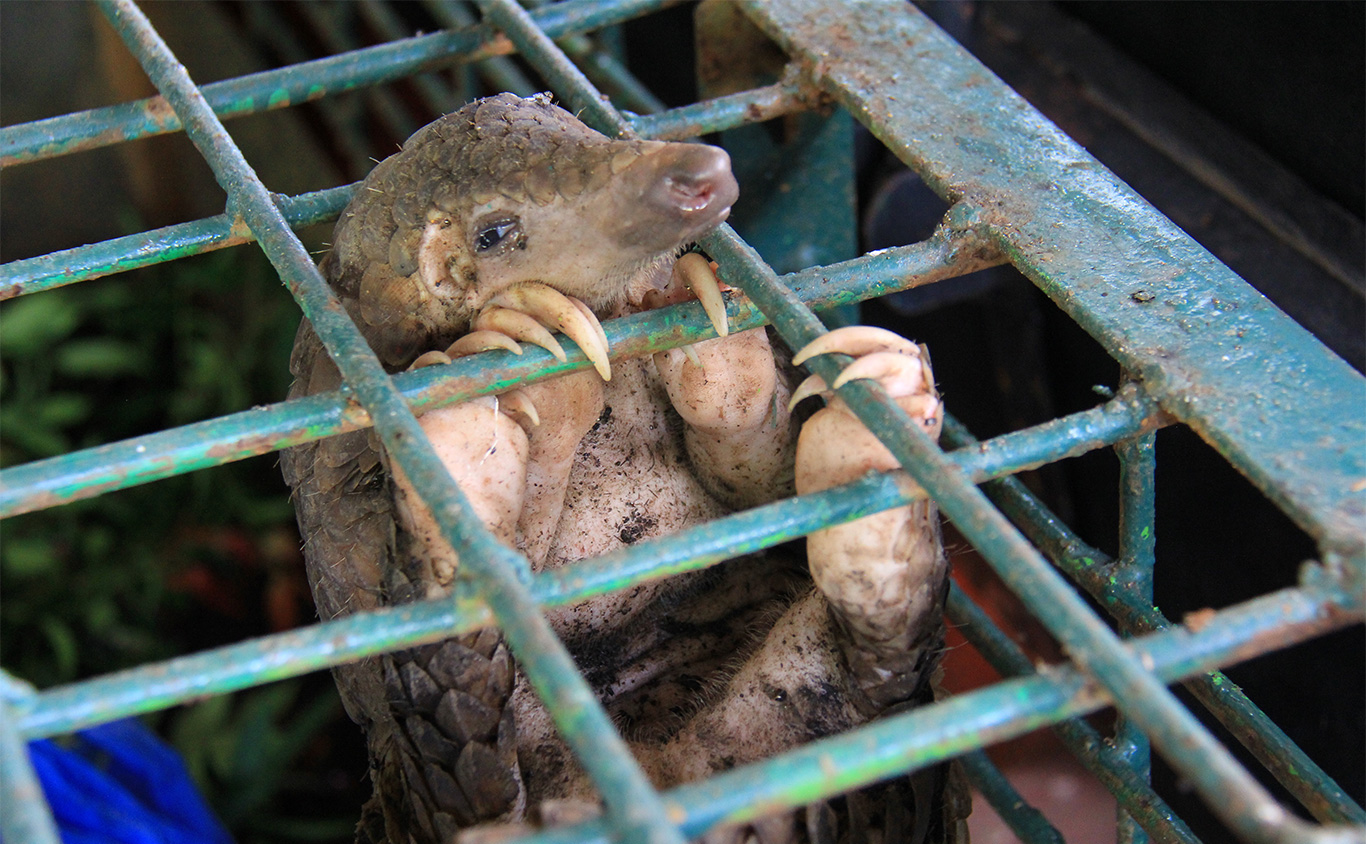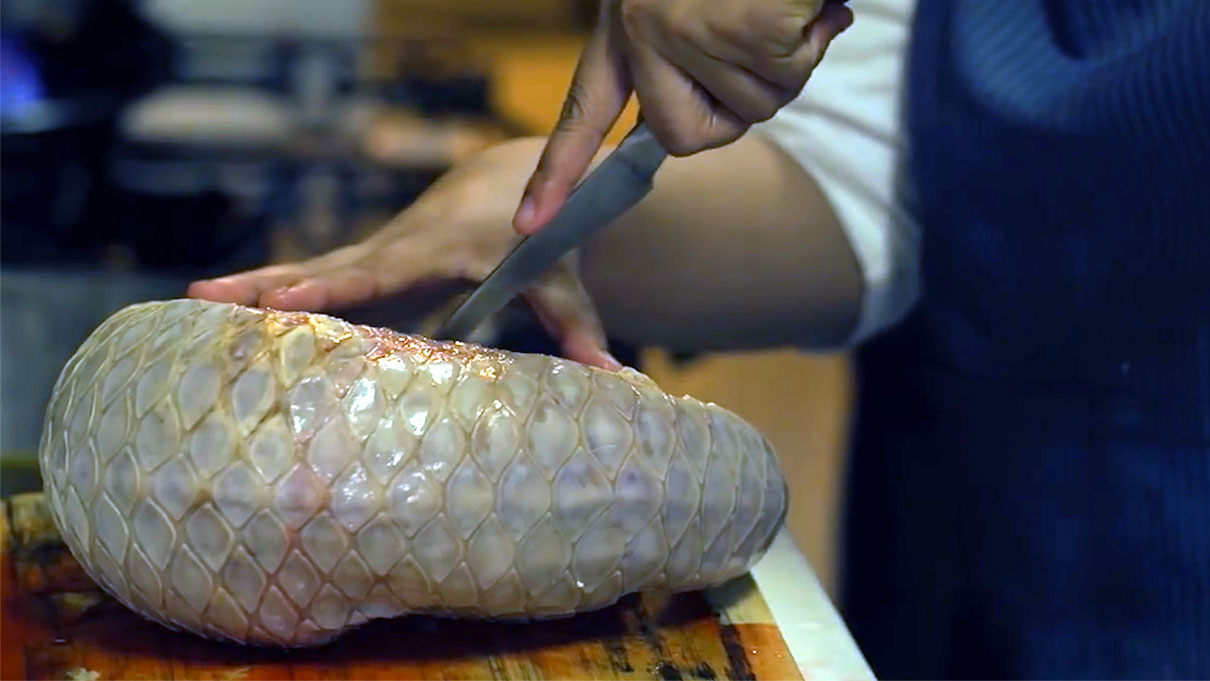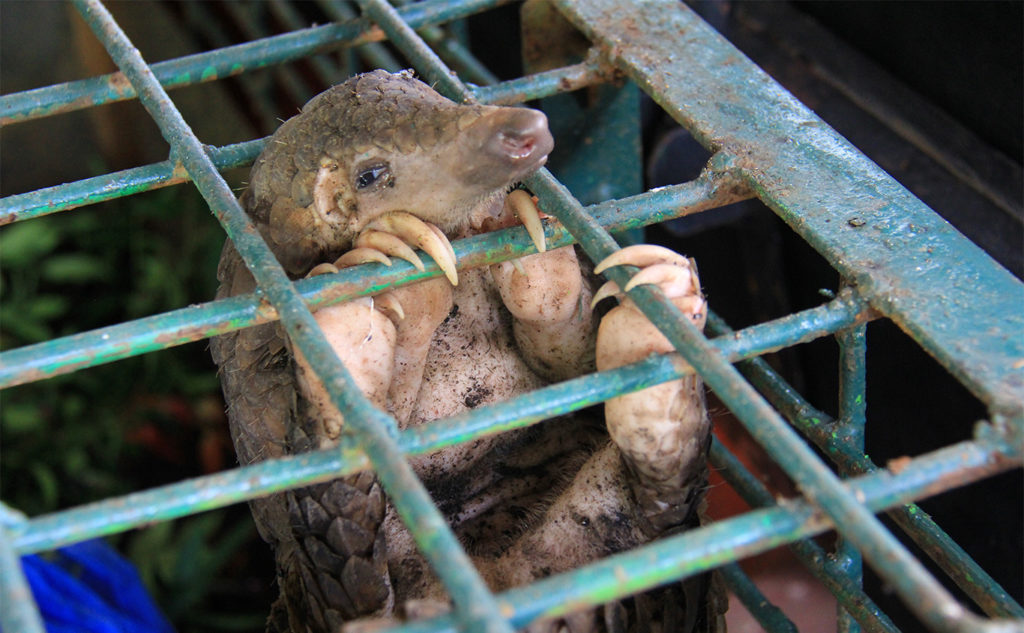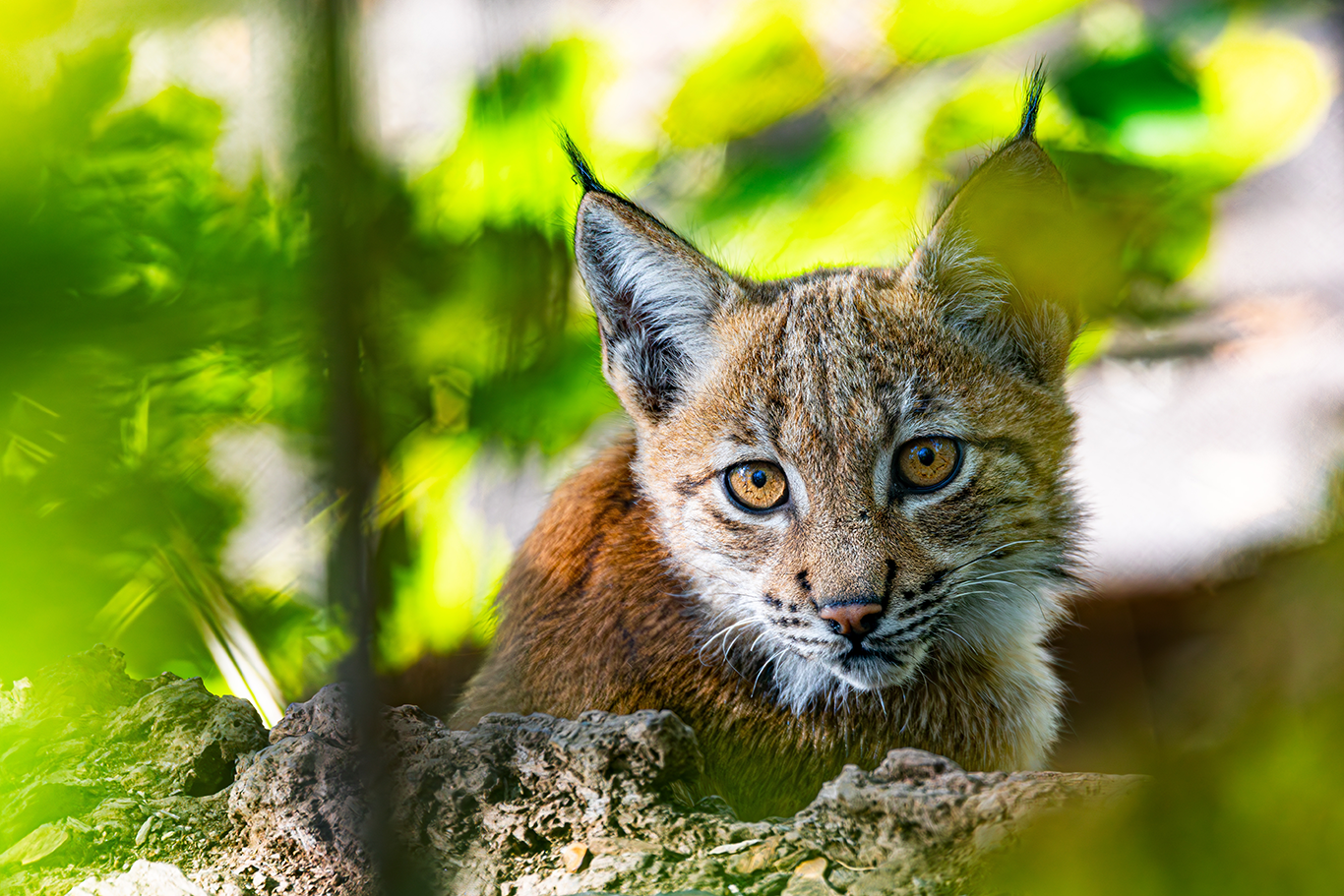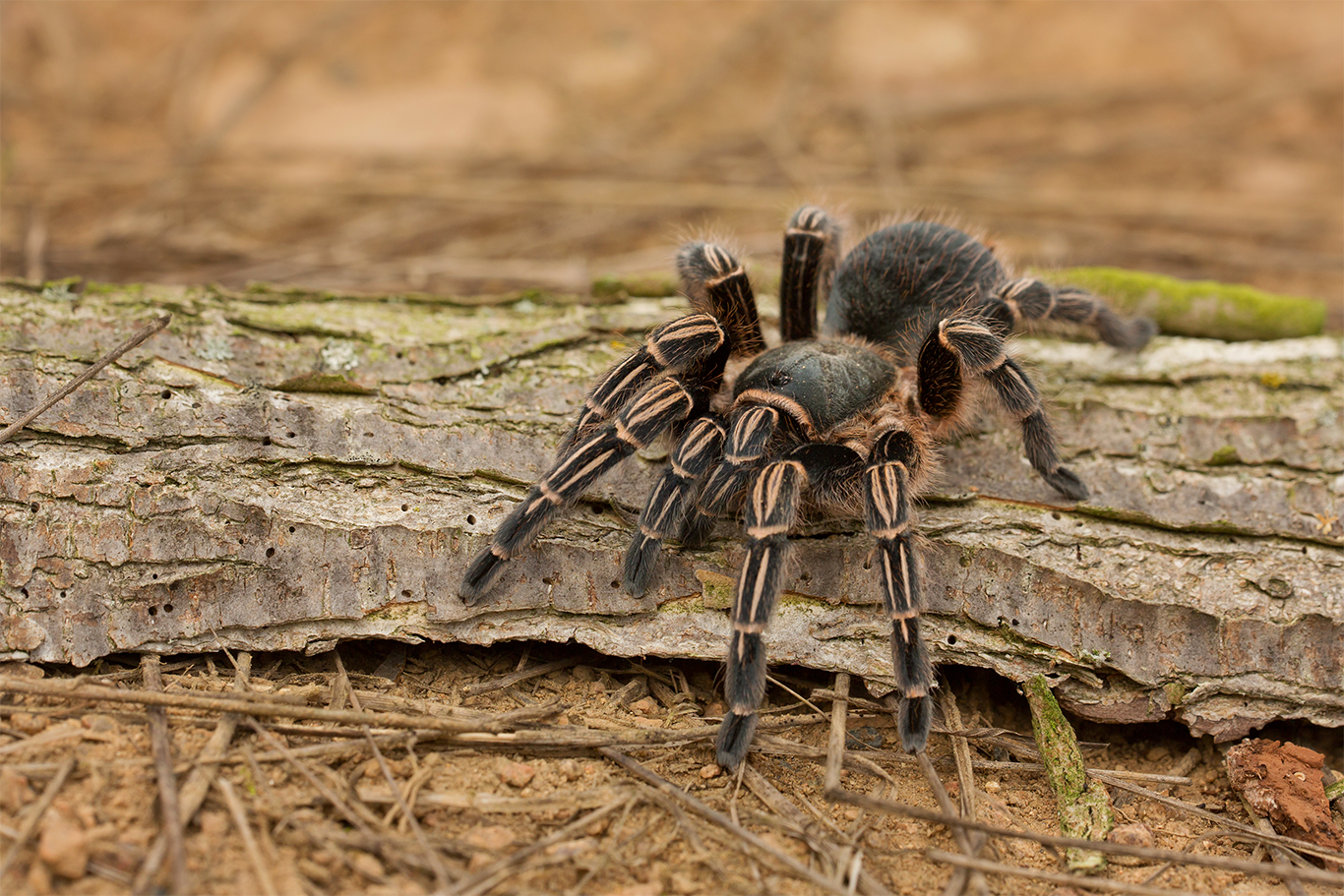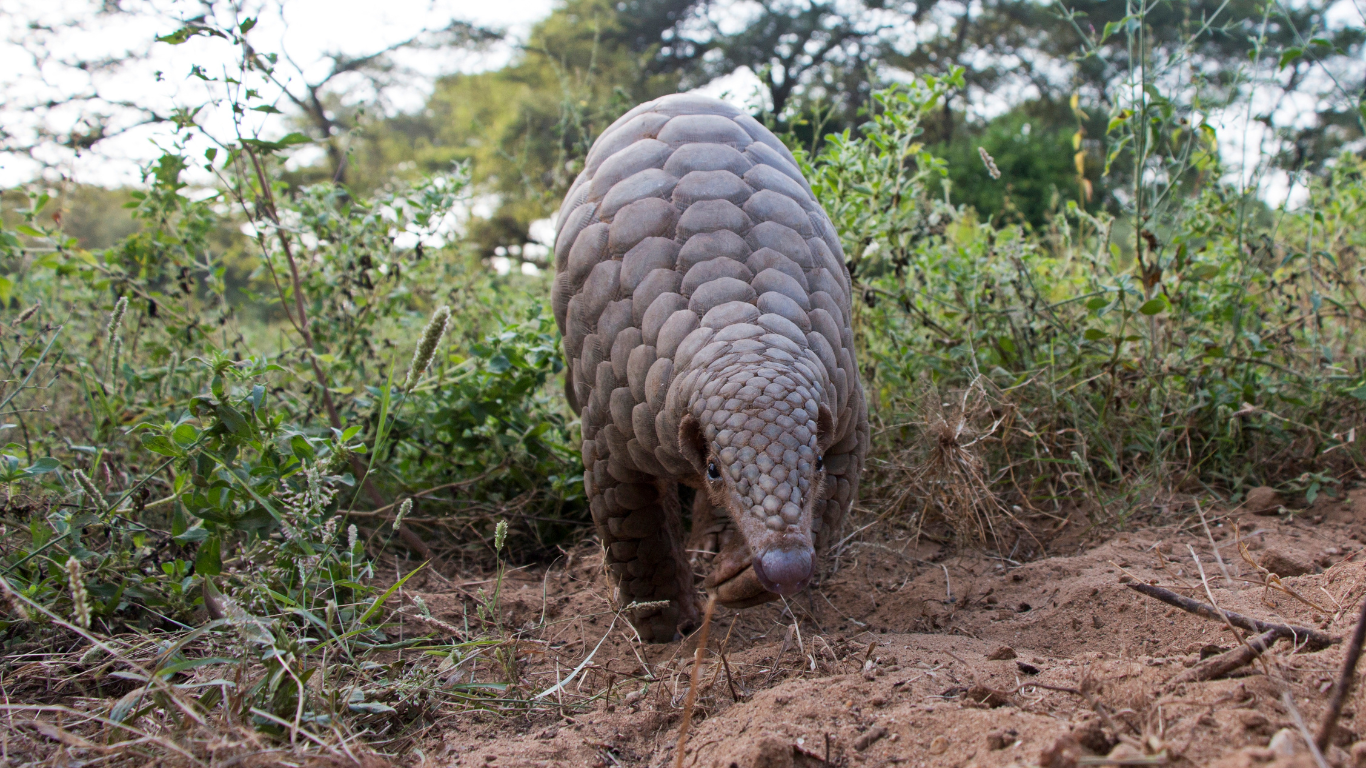In breaking news, China has raised the protection of pangolins by removing their scales from an official 2020 listing of ingredients approved for use in traditional Chinese medicine. The decision comes after the country’s State Forestry and Grassland Administration raised the protected status of pangolins to the highest level, with immediate effect. While it is hoped the move will help end the global trade of these endangered animals, it is by no means the end in the fight to protect it.
A creature straight out of an enchanted fantasy tale, Pangolins are unlike any other animal on earth. And if they disappear, there will be nothing like them left on earth.
“While the news is a step in the right direction, it’s not a green light for complacency in the fight to protect pangolins,” said Nicolette Peters of ASI. “Humans will still find a way to exploit these vulnerable animals, treating them as things rather than as sentient beings. Work must continue to defend and rescue the species with measures which include improving their habitat and cracking down on poaching and trafficking.”
The pangolin looks like a miniature T-Rex when standing upright with its little arms outstretched and its thick, long tail it uses for balance. Its long tongue is ingeniously designed to reach in every nook and cranny of ant mounds for tiny morsels. They are fussy eaters that consume only certain species of ants and termites - a diet that is hard to provide in captive situations. For protection against predators and when afraid, the pangolin can roll its scale covered body up into a ball, protecting both itself and its young. While nature blessed the pangolin with strong protective armor, sadly it is no match for man. A scared pangolin can be easily scooped up with bare hands.
The pangolin's population has plummeted to dangerously low levels. Over a million pangolins have been slaughtered in the last decade and they are now among the world’s most trafficked mammals.
This bizarrely beautiful animal group faces the risk of complete eradication. Driven to the brink of extinction because of the high price on its scales - made of keratin, the same substance as human fingernails and of absolutely no medicinal value - this shy nocturnal anteater is victimized and abused from the moment it is caught to the moment it is killed. The animals are trafficked mainly for their scales, which are believed to treat a variety of health conditions in traditional Chinese medicine (TCM), and as a luxury food in Vietnam and China.
According to an analysis by wildlife trade monitoring organization Traffic, at least 67 countries and territories on six continents have been involved in the pangolin trade. The shipments with the biggest quantities of scales, however, originated in Cameroon, Nigeria, Sierra Leone, and Uganda, mainly headed to China.
An estimated one million pangolins were poached from 2000 through 2013. In 2013, authorities detained the crew of a ship carrying 22,000 pounds of pangolin meat across the coast heading to the Philippines. The following year, Chinese officials confiscated 956 pangolins stuffed into 189 coolers. The dead pangolins were being carried overland in a truck, with the total haul weighing four tonnes. In April 2015, more than 4,000 frozen pangolin carcasses, along with scales and nearly a hundred live animals, were discovered in Indonesia in a shipping container supposedly holding frozen fish. In 2016, 4.4 tons of pangolin scales, labeled as plastic, were seized in Hong Kong, a haul estimated to represent between 1,100 and 6,600 pangolins and be worth $1.25 million (£979 000). In 2017 and 2018, law enforcement officers in Côte d’Ivoire seized nearly 8,000 pounds (3 628 kilos) of pangolin scales likely bound for China or Vietnam.
The ground pangolin, also known as Temminck's pangolin or Cape pangolin, is one of four species of pangolins found in Africa. This pangolin is sold as a form of bushmeat, for ritual or spiritual purposes, and use in traditional African medicine. To their killers, it does not matter if the pangolin is mothering an offspring or not. Poachers show no remorse in snatching adults for the wild, and no mercy in the treatment of their babies either.
While most pangolin poaching and smuggling used to occur within Asia, as the numbers of Asian pangolins declined so the demand for intercontinental trade grew. Traders know the scales fetch a pretty price, making worth the extra cost to smuggle pangolins from Africa to Asia.
“Every time someone brings us a pangolin, I wonder if it’s the last one in Zimbabwe,” said Lisa Hywood, the founder of Tikki Hywood Foundation, a rescue center near Harare, Zimbabwe. Hywood has rescued more than 180 pangolins since 2012. “We don’t have time to wait for the next generation. If we don’t realize now what is happening, we are going to lose.”

